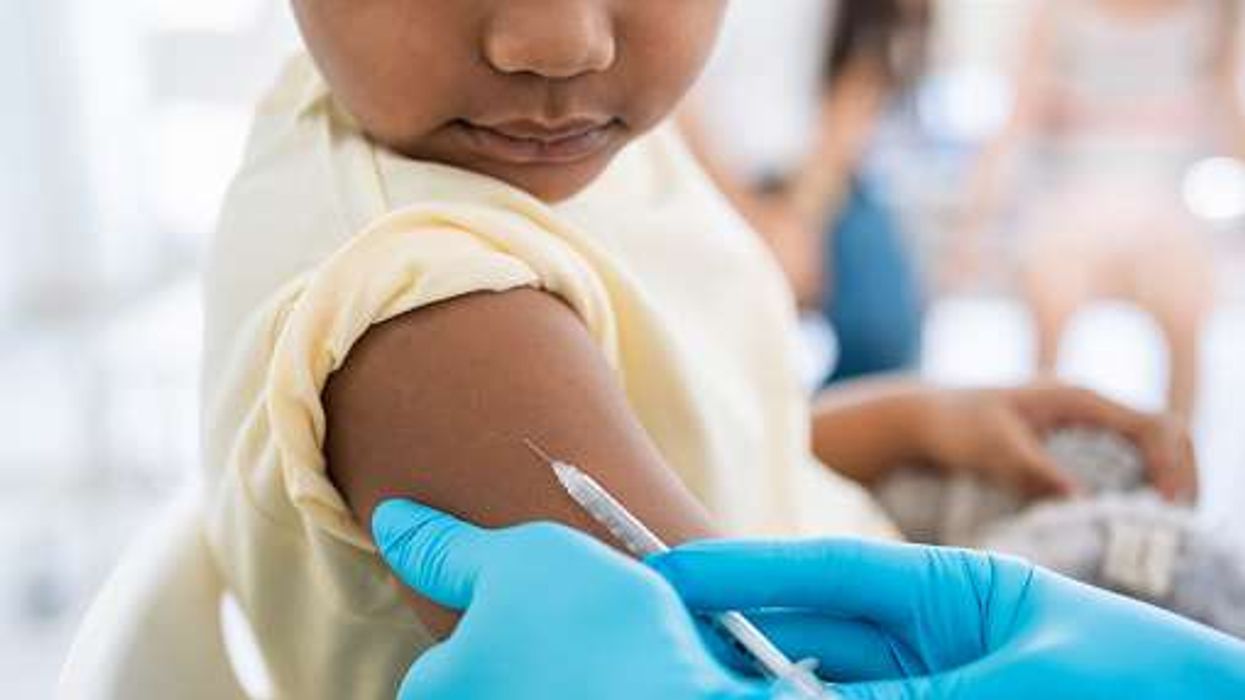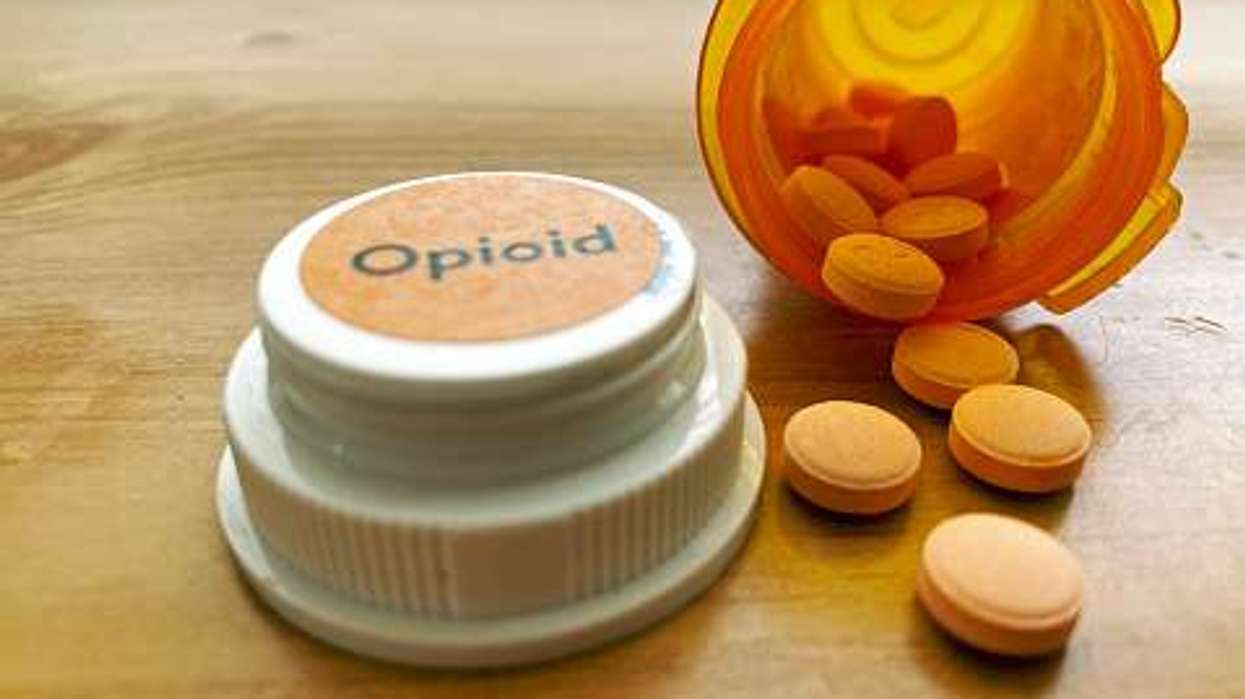Key Summary
- NHS trials a 15-minute blood test to quickly detect infections in children
- Aims to speed up treatment and reduce unnecessary antibiotic use
- Funded by SBRI Healthcare, running through March 2025
The NHS is carrying out trials of a hi-tech blood test among children that can distinguish between bacterial or viral infections in 15 minutes.
The trials are on at Alder Hey Children’s NHS Foundation Trust, St Mary’s Hospital in London and Great North Children’s Hospital in Newcastle and the project will run till March.
The new faster blood tests can help doctors treat patients more quickly and avoid administering antibiotics that may not be needed.
The traditional tests take more time to provide results, and in the meantime children are given antibiotics or other treatments until the condition is confirmed, wasting both time and resources.
These rapid tests will also detect serious diseases like sepsis or meningitis, and help doctors begin early treatment.
Professor Simon Kenny, National Clinical Director for Children and Young People at NHS England, said, “Quick diagnosis is crucial in ensuring patients get the most effective treatment, particularly for children who may have a potentially life-threatening illness.
“Innovations like the 15-minute blood test speed up diagnosis and allow focussed treatment, as well as freeing up resources to treat more patients, so it’s great we’re able to trial the test this winter when the NHS is at its busiest.”
Public Health and Prevention minister Ashley Dalton said, “It’s part of our mission to build an NHS fit for the future, using innovation and technology to improve patient care and ease pressure on our hardworking staff during the busiest times of year.”
The study is being led by the University of Liverpool and Health Innovation North West Coast with funding provided through NHS England’s Small Business Research Initiative (SBRI) Healthcare programme to speed up the use of innovative technology.
The NHS is expecting another pressured winter, with 2025 currently on track to be the busiest on record for A&Es and ambulance services.













